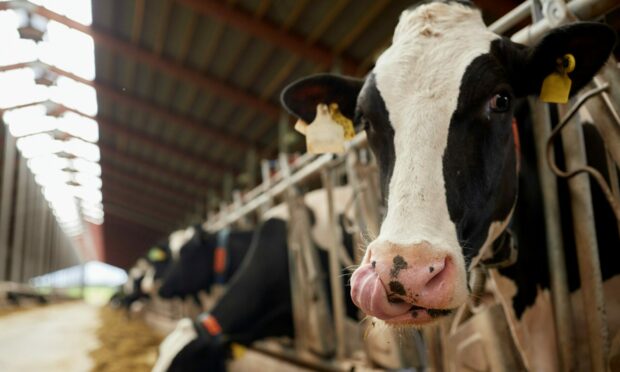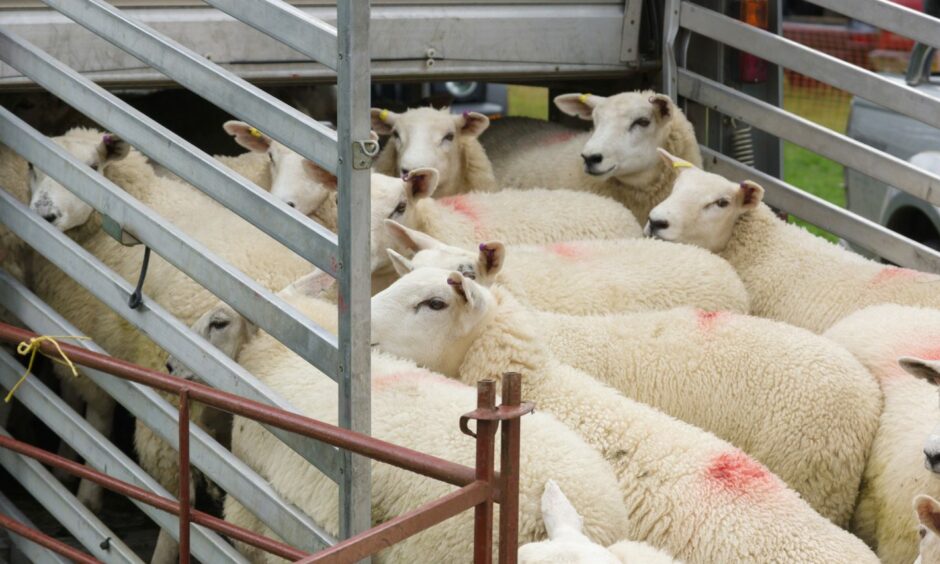Increases in crop and livestock outputs saw UK agriculture’s incomes rise by almost 15% in 2021, according to the latest government figures.
The country’s total income from farming (TIFF) rose by £756 million last year to almost £6 billion – the third highest TIFF in real terms since 2000.
Annual data published by Defra revealed average farm business incomes had increased from £39,000 in 2019/2020 to £46,500 12 months later.
However, incomes vary considerably across the country, with one in six farms failing to achieve a positive income, while 28% saw their net business incomes reach more than £50,000.
While costs for inputs such as animal feed and fertiliser climbed last year, an increase on the industry’s overall production meant many of those costs were outweighed, the report’s authors said.
Following poor planning conditions the previous year, cereal production increased by 23% in 2021, while other crop products saw a 24% increase in production.
Sheep and lamb numbers increased by 0.8% to 33m, while pig numbers rose 5.3% to 5.3m – although pigmeat value decreased by £38m.
An increase in milk prices saw the dairy industry’s contribution to TIFF rise by £344m, while beef production saw its value rise by £310m
Not all categories reported similarly strong outputs, however; the volume of fruit produced nationally dropped by 10%, while potato volumes fell by 4.3%, the report added.
Meanwhile the total labour force on commercial holdings fell by 1% to 467,000 – a worrying trend for farmers across the industry who are continuing to report staffing challenges.
The report said the biggest expense recorded in the figures was animal feed, which increased by £978m, and the cost of fertilisers also increased by £387m.
Overall, agriculture’s contribution to the UK economy was £11.2bn in 2021 (0.5% of GDP), an 8.9% increase on 2020 figures.
Looking ahead, the report said higher prices for cereals, meat and milk, coupled with increased yields, would probably increase the value of the industry’s output further in 2021/2022. However this was likely to be offset by higher feed, fertiliser and fuel costs, the report’s authors added.


Conversation